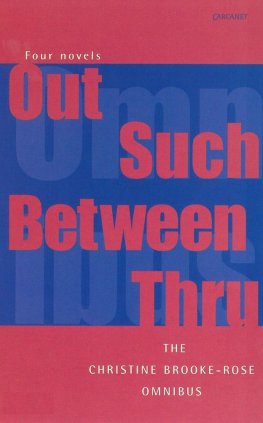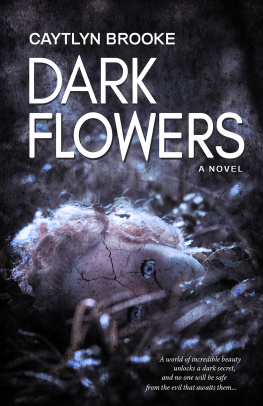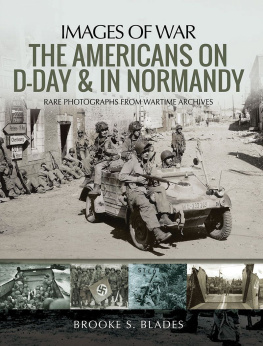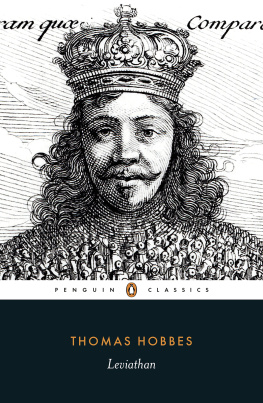
How Memory Divides
This book examines the paradox of collective identity in eastern Germany in the wake of German reunification. Following the fall of the Berlin Wall, citizens of the former German Democratic Republic were confronted with a dilemma: Were they already Germans without qualification, like their compatriots in the West? Or did they remain East Germans for the time being, with an identity tied to their distinct past, as if they were foreigners who had migrated without leaving home? How Memory Divides shows that these questions remain unresolved even today, less because of any incomplete unity between Germans in West and East, than because of the contradictory ways in which easterners themselves have remembered their past. Drawing on a unique study spanning two decades, the author reveals how divergent biographical memories have given rise to life stories with a diverse array of genres and storylines at odds with official accounts of the GDR and its demise. Over time, efforts to effect unity between West and East have reproduced divisions within the East. This book will appeal to scholars and students of sociology and politics with interests in memory, heritage, and identity.
Jeremy Brooke Straughn is Associate Professor of Transnational Studies at Westminster College, USA, where he teaches sociology and transnational studies and directs the Churchill Institute for Global Engagement.
Memory Studies: Global Constellations
https://www.routledge.com/sociology/series/ASHSER1411
Series editor:
Henri Lustiger-Thaler,Ramapo College of New Jersey, USA and cole des Hautes tudes en Sciences Sociales, France
The past in the present has returned in the early twenty-first century with a vengeance, and with it the expansion of categories of experience. These experiences have largely been lost in the advance of rationalist and constructivist understandings of subjectivity and their collective representations. The cultural stakes around forgetting, useful forgetting and remembering, locally, regionally, nationally and globally have risen exponentially. It is therefore not unusual that migrant memories; micro-histories; personal and individual memories in their interwoven relation to cultural, political and social narratives; the mnemonic past and present of emotions, embodiment and ritual; and finally, the mnemonic spatiality of geography and territories are receiving more pronounced hearings.
This transpires as the social sciences themselves are consciously globalizing their knowledge bases. In addition to the above, the reconstructive logic of memory in the juggernaut of galloping informationalization is rendering it more and more publicly accessible, and therefore part of a new global public constellation around the coding of meaning and experience. Memory studies as an academic field of social and cultural inquiry emerges at a time when global public debatebuttressed by the fragmentation of national narrativeshas accelerated. Societies today, in late globalized conditions, are pregnant with newly unmediated and unfrozen memories once sequestered in wide collective representations. We welcome manuscripts that examine and analyze these profound cultural traces.
Titles in this series
18. Remembrance and Forgiveness
Global and Interdisciplinary Perspectives on Genocide and Mass Violence
Ajlina Karamehi-Muratovi and Laura Kromjk
19. Remembering Violence
How Nations Grapple with their Difficult Pasts
Robin Maria DeLugan
20. How Memory Divides
The Search for Identity in Eastern Germany
Jeremy Brooke Straughn
First published 2021
by Routledge
2 Park Square, Milton Park, Abingdon, Oxon OX14 4RN
and by Routledge
52 Vanderbilt Avenue, New York, NY 10017
Routledge is an imprint of the Taylor & Francis Group, an informa business
2021 Jeremy Brooke Straughn
The right of Jeremy Brooke Straughn to be identified as author of this work has been asserted by him in accordance with sections 77 and 78 of the Copyright, Designs and Patents Act 1988.
All rights reserved. No part of this book may be reprinted or reproduced or utilised in any form or by any electronic, mechanical, or other means, now known or hereafter invented, including photocopying and recording, or in any information storage or retrieval system, without permission in writing from the publishers.
Trademark notice: Product or corporate names may be trademarks or registered trademarks, and are used only for identification and explanation without intent to infringe.
British Library Cataloguing-in-Publication Data
A catalogue record for this book is available from the British Library
Library of Congress Cataloging-in-Publication Data
Names: Straughn, Jeremy Brooke, 1966- author.
Title: How memory divides : the search for identity in eastern Germany / Jeremy Brooke Straughn.
Description: Milton Park, Abingdon, Oxon ; New York, NY : Routledge, 2021. | Includes bibliographical references and index.
Identifiers: LCCN 2020050967 (print) | LCCN 2020050968 (ebook) | ISBN 9781138088931 (hardback) | ISBN 9781315109558 (ebook)
Subjects: LCSH: Group identity--Germany (East) | Germany--History--Unification, 1990.
Classification: LCC HM753 .S878 2021 (print) | LCC HM753 (ebook) | DDC 305.800943/1--dc23
LC record available at https://lccn.loc.gov/2020050967
LC ebook record available at https://lccn.loc.gov/2020050968
ISBN: 978-1-138-08893-1(hbk)
ISBN: 978-0-367-76711-2(pbk)
ISBN: 978-1-315-10955-8(ebk)
This book is dedicated to my parents, Harold and Carole Straughn.
In every generation, some impactful event occurs during our formative years that we look back on as the one that changed everything. Among those who were coming of age at the dawn of the twenty-first century, 9/11 came to symbolize the start of a brand-new era, after which little was the same as it had been. As I write, it seems probable that todays young people will remember the COVID-19 pandemic as the defining rupture of their lifetimes. All such cataclysms affect everyone who lives through them to some degree. But after the first big event, our perception of magnitude recalibrates. Anything that comes along later in life scarcely measures up against the truly world-altering developments of our youth.
For my generation, 1989 was the year the world changed. As profoundly shocking as the 2001 terror attacks were when they happened, and as consequential as they would prove afterward, Gen-Xers like me are still prone to see the world after 9/11 as more like it was on September 10 than before the fall of the Berlin Wall. Times were simpler back then (we like to think), when the world was divided into just two geopolitical camps, and incomparably perilous for a human species at risk of nuclear annihilation.
Generational memory not only sets our parameters for gauging eventfulness. It also provides us with historical reference points that cause us to perceive new events as continuations of the old. For my grandparents generation, the end of the Cold War represented the final triumph of the Free World over the Evil Empire, but it mostly belonged to the same storyline as our hard-fought victory over Nazi Germany and Japan. In effect (to paraphrase Eric Hobsbawm), the defeat of communism concluded unfinished business left over from the Second World War. But it was not easy to accept that times had changed. For years afterwards, many would declare that a new Cold War was in the making whenever confrontation arose between the United States and Russia (or China, or Al-Qaeda, or some other rival who seemed on the ascendant). The analogy was never very compelling to members of my generation, and it has grown even less so since 2016, for reasons that are well known. The Cold War is long since over. May it rest in peace.











